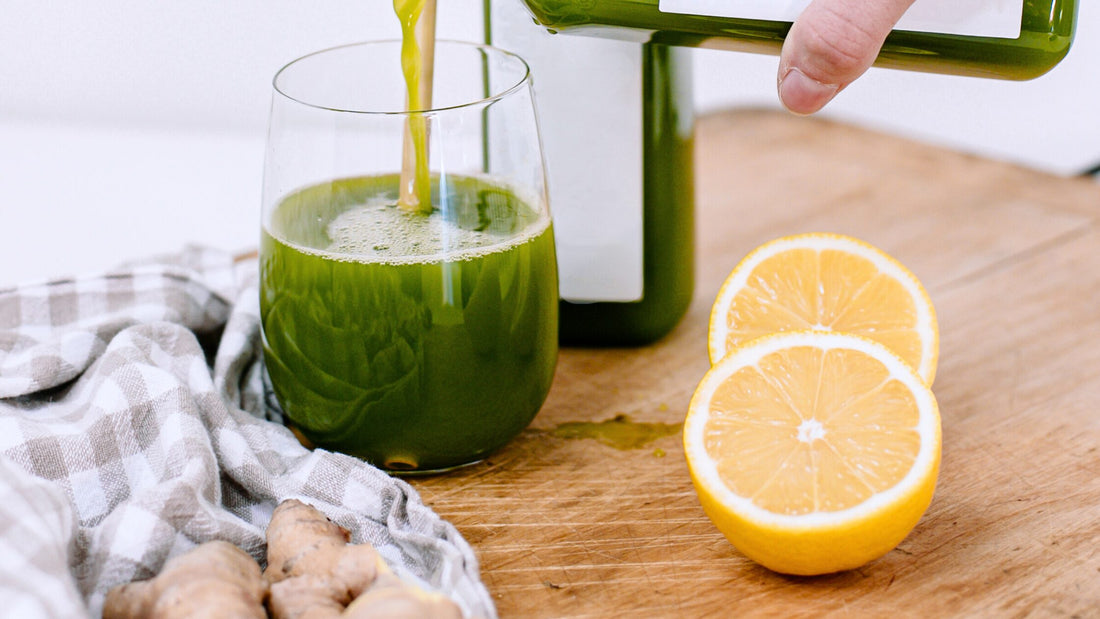
Quality & Hygiene Standards For Fruit Juice Processing
When it comes to fruit juice processing, maintaining high quality and hygiene standards is crucial to ensure the safety and satisfaction of consumers. Let's delve into the key practices and standards that are essential in the production of fruit juices.
Why are Quality Standards Important?
Quality standards in fruit juice processing are essential to guarantee that the final product is safe for consumption and meets the expectations of consumers. Adhering to these standards helps in preventing contamination, ensuring consistency in taste and nutritional value, and extending the shelf life of the product.
Key Quality Standards
One of the primary quality standards in fruit juice processing is the use of fresh and high-quality fruits. The fruits should be sourced from reputable suppliers and undergo thorough inspection to eliminate any damaged or contaminated ones. Additionally, the processing facilities should maintain strict cleanliness and sanitation practices to prevent the growth of harmful bacteria.
Another important aspect is the pasteurization process, which involves heating the juice to a specific temperature for a set period to eliminate pathogens. This step is crucial in ensuring the safety of the product without compromising its nutritional value.
Hygiene Practices in Fruit Juice Processing
Hygiene standards play a vital role in fruit juice processing to prevent the contamination of the product. All personnel working in the processing plant should follow strict hygiene protocols, including wearing appropriate protective clothing, washing hands regularly, and maintaining a clean work environment.
The equipment used in processing should also be regularly cleaned and sanitized to prevent cross-contamination. Regular testing of the equipment and environment for pathogens is essential to identify and address any potential risks to the product.
Compliance with Regulations
In addition to internal quality and hygiene standards, fruit juice processing facilities must comply with regulatory requirements set by food safety authorities. These regulations outline specific guidelines for the production, labeling, and distribution of fruit juices to ensure consumer safety.
Regular inspections by regulatory bodies help in verifying that the processing facilities are following the required standards and practices. Non-compliance can result in penalties, product recalls, and damage to the reputation of the brand.
